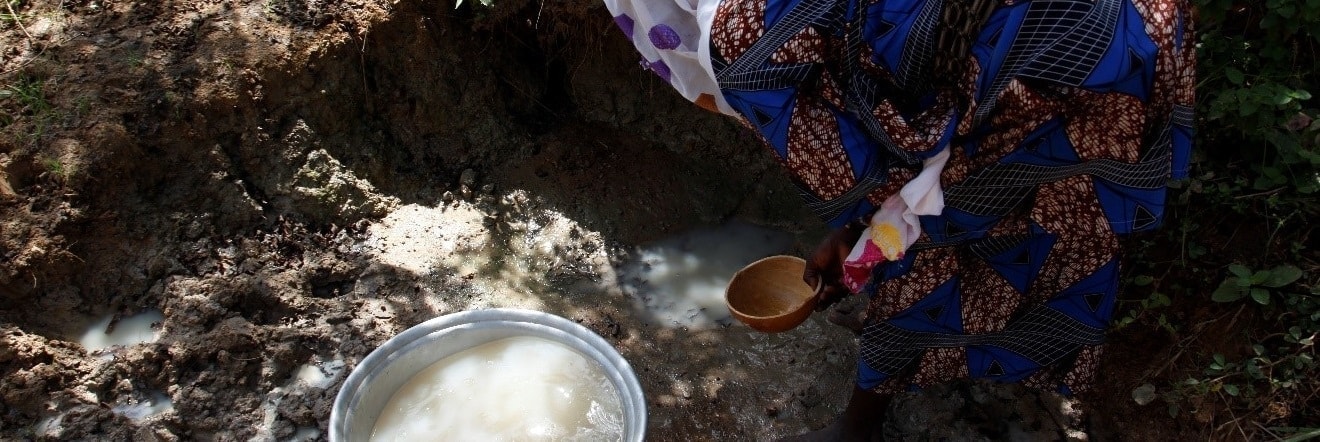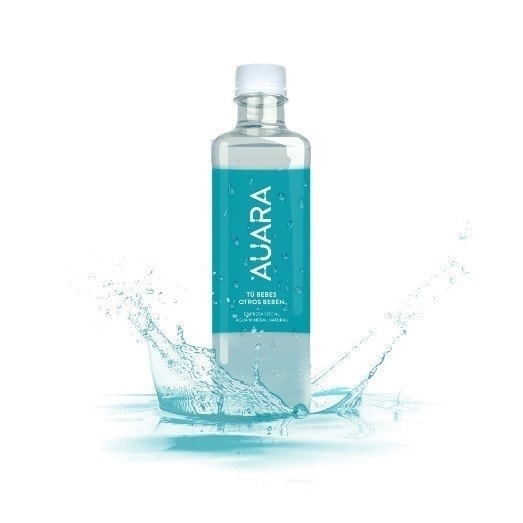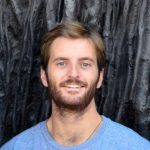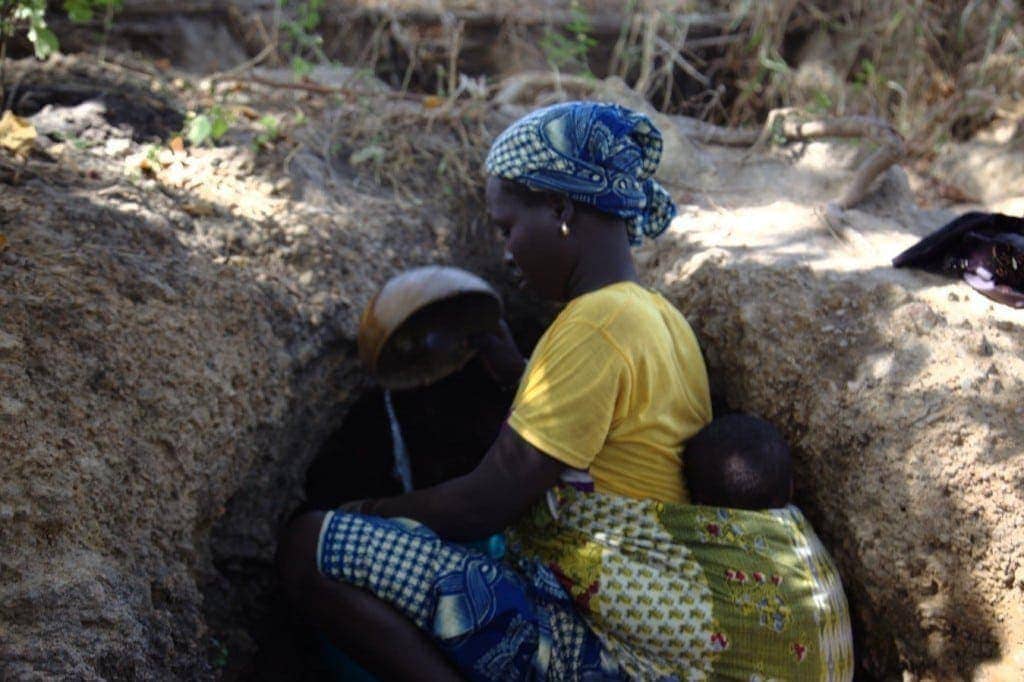
Not so long ago, my aunt sent me a Whatsapp message showing a picture of a little African boy drinking from a dirty river, with the caption:
“Mankind cannot afford to provide water to the most arid parts of the planet, but it can afford to look for water on Mars. The question would be: Is there intelligent life on Earth?”
There are incredible people on the internet. I’m not saying we shouldn’t look for water on Mars, but perhaps we should worry a bit more about water here on Earth, for all the population.
In the world today, 700 million people lack access to drinking water. But what really matters is the people behind the numbers, their everyday life, their names, their faces, their problems, their joys.
In November we travelled to Benin to supervise a school project we had just finished. A project which will provide 500 children from Tamarou school and the remaining 2,000 residents of the village with safe drinking water. But the project goes much further than this. It is usually the children who are responsible for fetching water for the family, and in the dry season they must walk for several miles to find it. Children who leave their home early in the morning to fetch water, and only return several hours later, carrying a 20 or 25 litre jerry can on their head, will have difficulty keeping up a normal school attendance. In Benin we had the chance to witness that water is what drives social change: the school’s 500 children can now eat and drink safely, they can go to school instead of having to fetch water, and they don’t fall ill so often. We saw that behind a properly delivered water project there are people like Shalina, Fabrice, Makiat, Kassim or Juliette who now have a chance in life.
But we also visited communities living without access to drinking water. We met women like Senami, who have to walk for many miles every day to find water, unsafe water which is a source of disease and which, as the year progresses and the dry season arrives, is ever more difficult to find.
Water is (almost) everything in life. It is an essential element in our bodies and on our planet. Water is without a doubt the most important element we have. So a lack of water is not only a problem for hydration. Without water there is no food. Without water there is no hygiene and no health. Without water we can do nothing.
700 million people is approximately the population of the whole of Europe, or two times the population of the United States. It is a daunting figure, but it is just that: a cold number. There are other numbers that evidence the Water Crisis: more than 1,000 children die every day due to problems caused by drinking unsafe water.
But what moves us to work on a project like Auara are not the numbers, but the real people. People just like Lewis, Ann, Paul or Rachel, the only difference being that they were born far from here and so have different names, homes that are worse than ours, and no access to water. But we have to realise that they are all “one of us”, they are just like our neighbour or our sister. And in Auara we see this not as a moral burden, but as an opportunity to do good for others, which is, after all, what makes us happy.
Auara – when you drink, others can too
Auara was launched on the market in September 2016. It is a brand of bottled mineral water which aims is to provide drinking water to those who lack access to this essential resource. We invest 100% of our dividends in projects with a water-based social impact. We are pioneers in the reduction of environmental impact, and the first water brand in Europe to manufacture its bottles from 100% recycled materials. Our claim is “You drink, others drink”. We have since put in place projects in Benin, Cambodia, Haiti and Cameroon, and we hope to become a nation-wide water brand in order to have an ever greater positive impact.[inlinetweet prefix=”” tweeter=”” suffix=””] It is not just a one-off campaign or a passing fashion: we aim to achieve long-term impact. [/inlinetweet]We hope that an increasing number of companies, restaurants, shops and private individuals will choose Auara as their regular water brand, making it an extraordinary choice. Using water to achieve opportunities in health and education.
More information on this issue, visit the World Water Day homepage






There are no comments yet